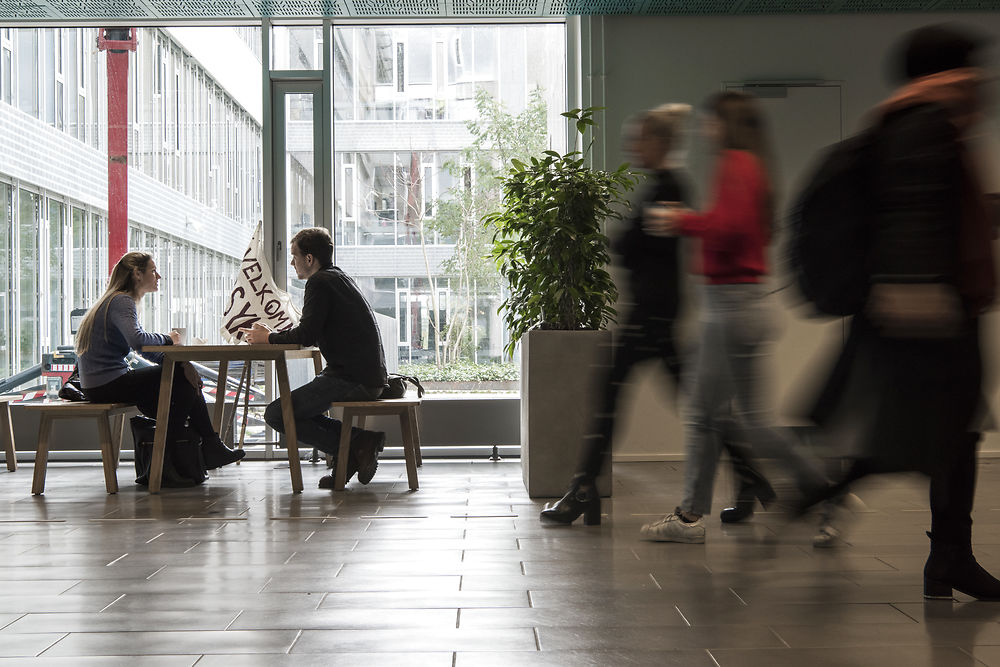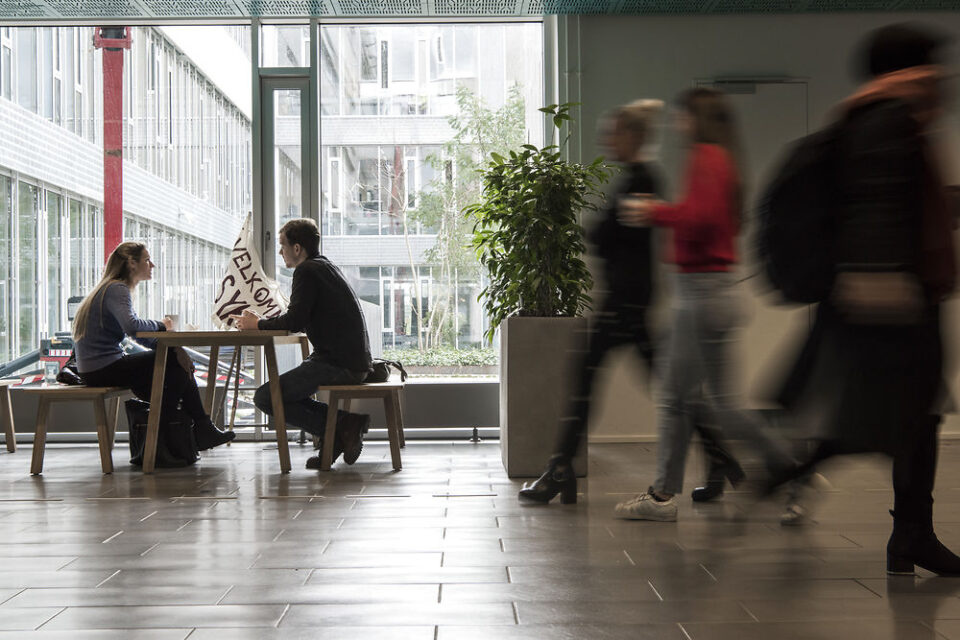
Citizens of countries outside the EU who are granted residence permits to study for PhDs in Denmark may be forced to quit their positions and leave the country if they become ill.
The situation can arise because of a clause in immigration rules requiring students to be “active” in their study programmes.
The rule has been criticised as discriminatory and has the potential to discourage PhD students from seeking medical help when unwell, according to a non-EU citizen currently following a PhD programme at a Danish university.
“It is a requirement that an alien is participating actively in the PhD programme that is forming the basis of the person’s residence permit as a student,” the Danish Agency for International Recruitment and Integration, SIRI, confirmed to The Local via email.
“It is the educational institution that assesses if the alien is an active student in the programme. As a general rule, the alien is not considered as active student if he/she is on a leave. Consequently, an alien taking leave from his/her studies risks having his/her residence permit revoked,” the agency added.
“However, if the residence permit is revoked, the alien can apply for a new residence permit when he/she is ready to study further,” they also noted.
A foreign PhD student at a Danish university contacted The Local to say they were directly affected by the rule.
The PhD student asked to remain anonymous out of concerns over the impact on their career. Their identity has been verified by The Local.
“I’m a PhD student at Aarhus University. My research project was heavily affected by the coronavirus lockdown. This in turn had negative physical and mental consequences on my own wellbeing,” the person told The Local via email.
“I ended up having a stress burnout in July because of this and a number of other reasons that were indirectly or directly caused by this. My GP informed me that I had severe stress-related symptoms, gave me medication and prescribed me stress leave,” they explained.
“The symptoms were quite bad, and for the first time I decided to seek help,” the PhD student added.
The individual’s doctor initially advised a six-month period of sick leave to recover from the burnout but agreed to revise this down to three months to reduce the length of the absence, according to the account.
The student said they were subsequently informed by their university that, as a non-EU national on a PhD visa, they risked breaching the conditions of their residence and work permit, specifically the requirement to participate actively in the study programme which forms the basis for residency.
“From the viewpoint of the Danish immigration service, by taking a stress leave I’m not ‘actively participating’,” the PhD student said.
“There are some cases where non-EU (PhD students) were allowed to go on sick leave, but as I understand those are exceptions,” they added.
“I’m fully employed and I’m a tax payer as all other workers in Denmark. I have full access to the Danish health system, however, if I choose to act on that right, then the Danish Immigration Service will likely abolish my residency, which in turn means I will lose my work permit. For some researchers, this means the end of their PhD study in Denmark,” they explained.
The person has since been advised to withdraw their notice of sick leave.
They decided to contact The Local after realising that the rule was relatively unknown among other foreign researchers in Denmark.
“I was surprised by this discriminatory legal/labour practice towards non-EU researchers,” they said, pointing out that such rules could even discourage affected individuals from seeking medical help.
The rule is evidence that “discrimination is even present in highly educated labour practices” in Denmark, they added.
“I would like to point out that the university is not at fault here, it is the Danish Immigration Service that, through their loose interpretation of the residence permit conditions, apply discriminatory policies,” they said.
The Local has contacted Danish political parties including the Social Democrats, Liberal and Social Liberal parties with a request for comment, but has not received response at the time of writing.
The two latter parties have previously advocated more accommodating conditions for bringing highly skilled professionals to Denmark.
The exact rules regulating residence and work permits for non-EU nationals on PhD programmes are regulated by Denmark’s 2019 Aliens (Consolidation) Act.
According to the act, a residence permit may be granted upon application to an alien who takes a PhD programme in the country if they are “enrolled at a Danish university and receives pay from the university or a company associated with the alien’s PhD programme”; or is “enrolled at a Danish university without receiving any pay from the university or a company in Denmark”.
An executive order under Danish immigration law further states that “a residence permit [granted to students who are non-EU nationals] is subject to the condition that the alien is actively studying in connection with the course or education programme forming the basis of the residence permit”.
Source: thelocal.dk



